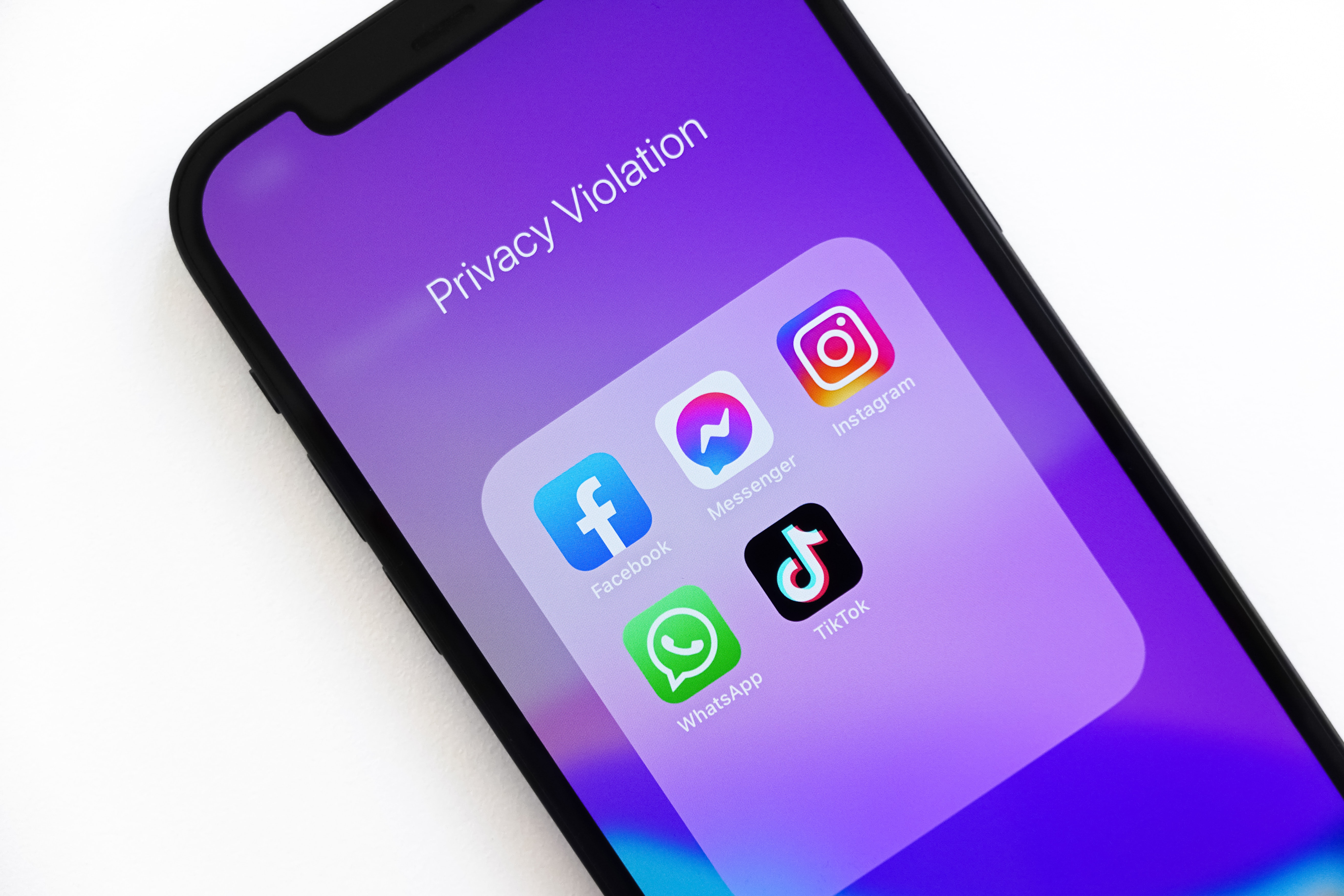In todays internet based world, phishing has become a great nuisance. We all know about the emails trying to trick the receiver to perform an action that is to the senders gain. This could be to install malware, send money, or something else. Either way, this is just the newest variant of the con (aka confidence game) to trick someone for gains. After reading The Confidence Game by Maria Konnikova I got to thinking. Where goes the line between a con and business?

The easy answer would be that you get something from a business, but not from a con. However, the answer might not be that straight forward. If you pay for rubbing alcohol, but get alcohol of 40%, is that a con? If the battery life of your device is not the same as described by the seller? Where is the line? My conclusion is that today’s business practices, especially in the consumer world, tricks that are used in a con are applied as a business strategy.
For example, lets take a look at social media from a con perspective. What value does eg. Facebook provide? It helps us keep in touch with our friends. But how many of our Facebook friends do we need to keep in touch with? This could just as well be an introduction to a con, a put up. When we are on the platform, they rope you in. No doubt you get a kick of seeing the numbers go up. The amount of engagement is a reward for your continued use of the platform. All you need to do is share a picture, an update, or something else, and it is all free, right? The thing you do not think about is that you pay with your data. Facebook uses everything they know about you to sell you as ads. The more data you share, and the more time you spend on the platform, the more value you have to Facebook.
Most people understand the privacy violations of Facebook, but they still stay on the platform. FOMO (Fear Of Missing Out) is one big cause. Another might be that leaving would mean a change of self image. Is this updated image how we wish to be seen. In the con it is well known that given the choice most people prefer to not make changes. We stick to what we have and know over something new, why risk it.

This mentality of non change is used (or abused) in many other areas than social networking. It is one of the reasons that marketing is so effective. If we can get someone to use our brand, they are far more likely to do the same next time. For example when was the last time you investigated a change of mobile carrier? Are there any better alternatives? The same tactic is used by conmen to get victims to keep coming back for eg. seances that might warn of an incident in the future.
I will end this post with a quote from the book by Maria Konnikova:
Ultimately, what a confidence artist sells is hope. Hope that you’ll be happier, healthier, richer, loved, accepted, better looking, younger, smarter, more fulfilled human being - hope that the you that will emerge in the other side will be somehow superior to the you that came in.
If this is not applicable to social media, I do not know what is. We hope that we will be happier by gaining a following, by being seen. But that is not always the case. Therefore, I would argue that the line between a con and legitimate business is in the eyes of the beholder.
Photos
Photos from Unsplash
- Photo by Jeremy Bezanger on Unsplash
- Photo by Guilherme Stecanella on Unsplash